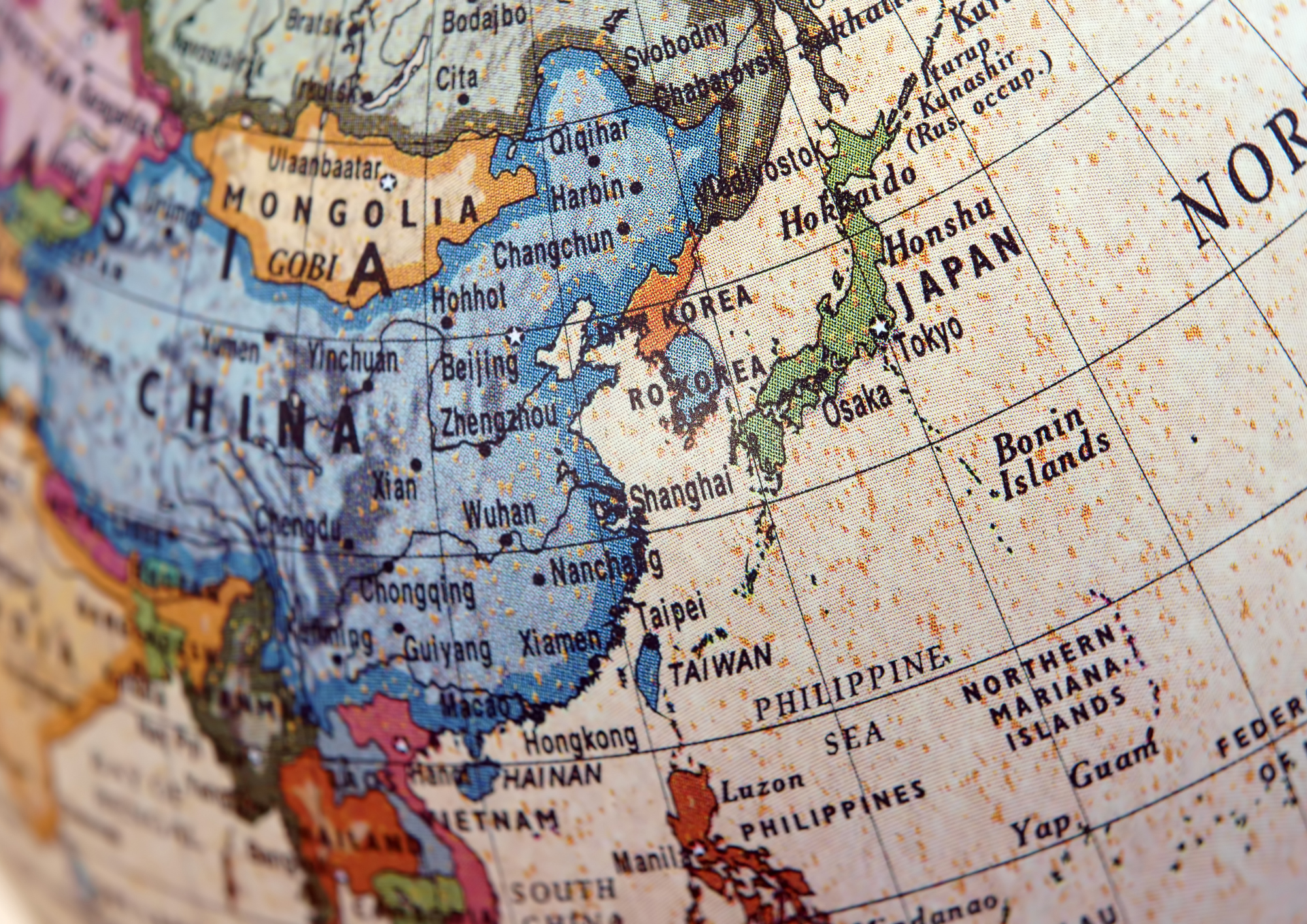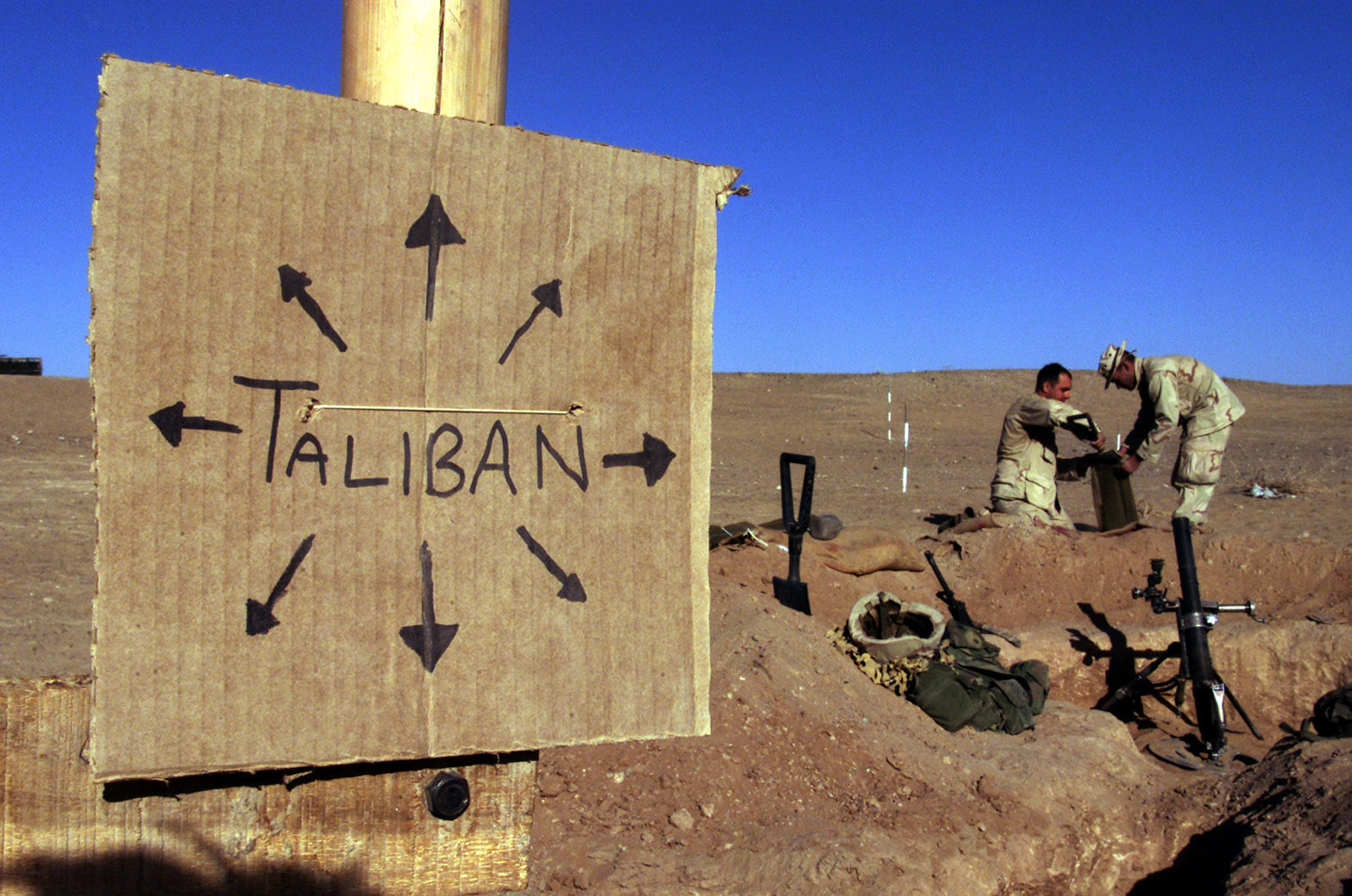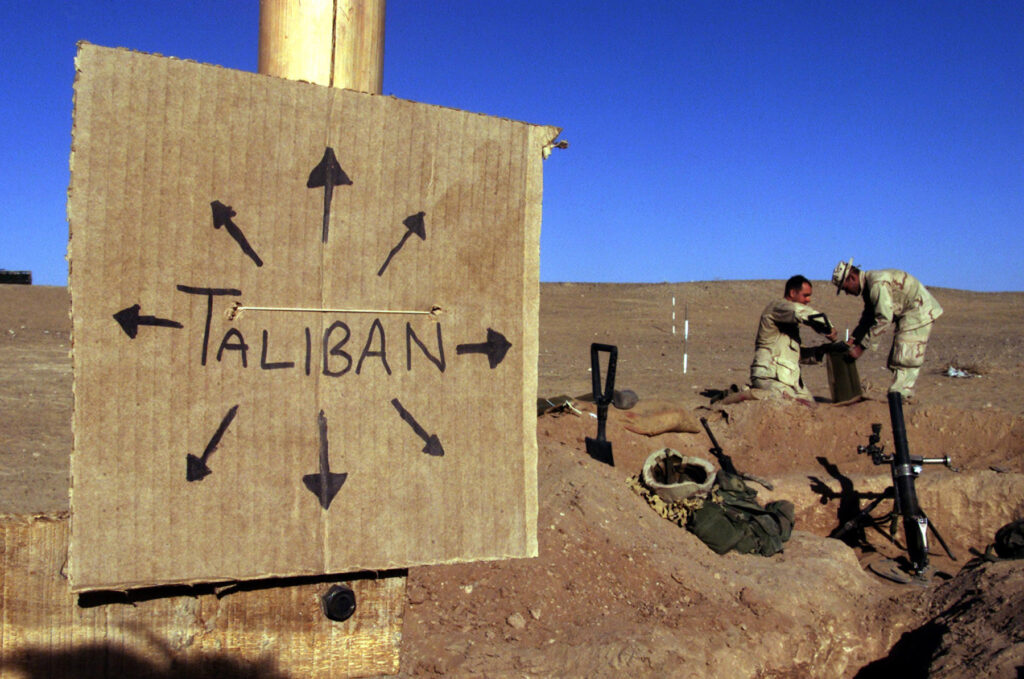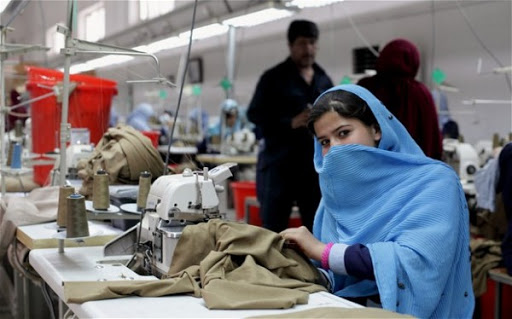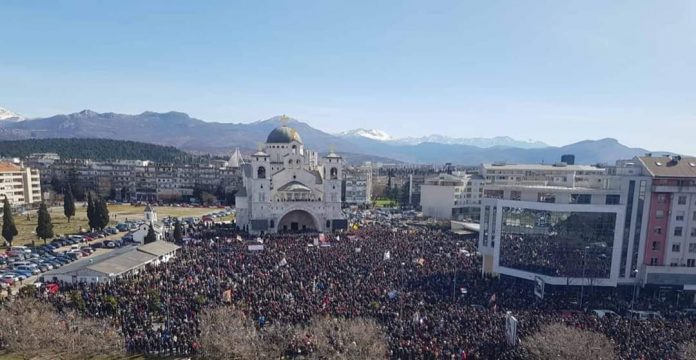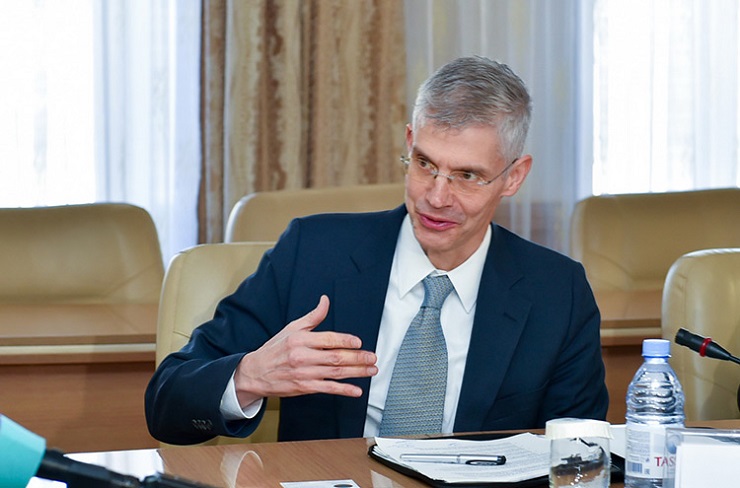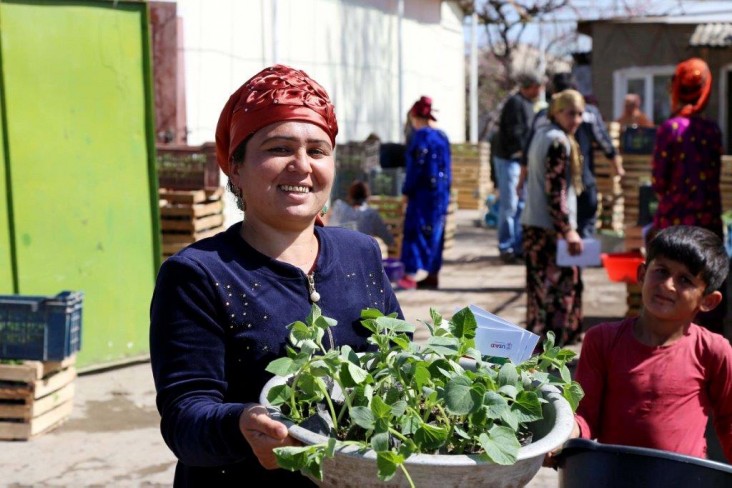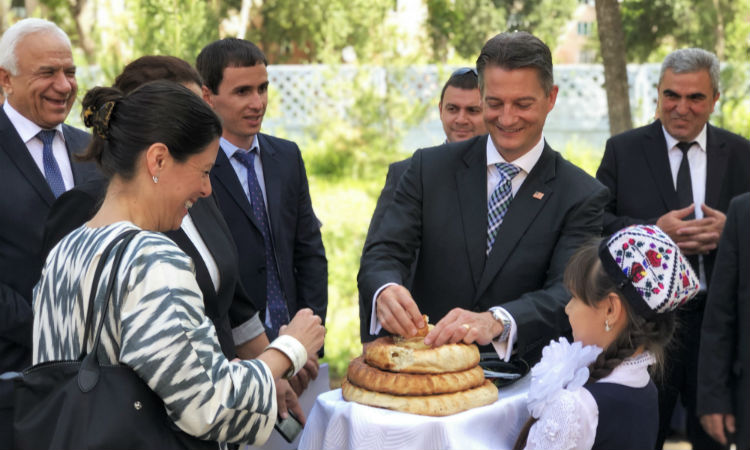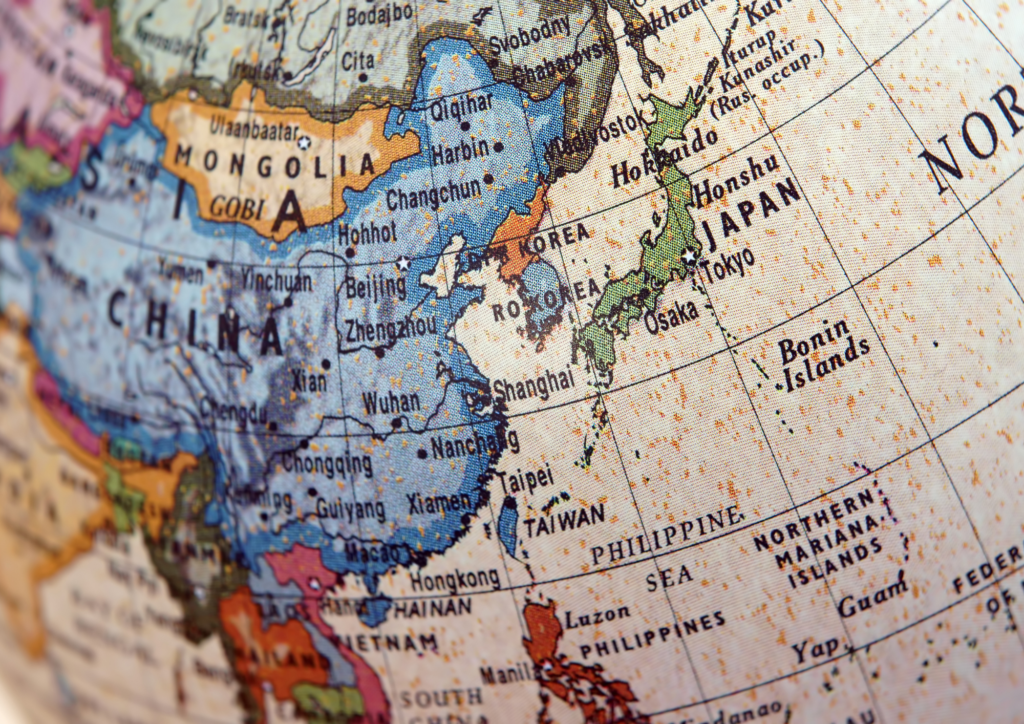
“The hegemony of the West has come to an end, and the time for a new world order is coming”. This statement was made by Hungarian Prime Minister Viktor Orban on March 5 during the annual meeting of the country’s ambassadors at the Foreign Ministry.
“The hegemony of the West is over, today no one disputes this, this can be well supported by data <…> A new world order is being formed, the situation must be constantly analyzed and analyzed,” the Haon media platform quotes him.
In his opinion, Western countries would like to split the world into geopolitical blocs. Currently, Orban argues, the West is putting enormous pressure on states, including Hungary, that are reducing the level of sovereignty.
Interestingly it may seem, but the view of the Hungarian leader is very popular today in the international diplomatic community. The recent article published in the FT Times claimed Dubai is the new Davos, while such international groups and organizations like G7 are getting less attention in comparison with rapidly expanding BRICS, SCO and other interregional groups of the “new world”.
In this regard, Russia as a supporter of the new trend and in fact one of its setters, holds a large-scale meeting of participants in the World Forum “New Era – New Paths”. The event will be held on April, 19 in Moscow.
The World Forum “New Era – New Paths” was created by the International Organization of Eurasian Cooperation (IOEC) and brings together representatives of government and business authorities, experts, scientists and cultural figures from the countries of the Eurasian Economic Union, the CIS, Eastern and South East Asia, Africa, Persian Gulf and other regions.
The World Forum is a permanent platform. Its goals are to jointly create a fair world order, develop and promote instruments of multipolarity.
“A new architecture of the world is being formed. New forms of economic, energy, technological cooperation are being formed today. The initiative of Russian President Vladimir Putin to create a Greater Eurasian Partnership is gaining clear contours. The World Forum “New Era – New Paths” is becoming one of the drivers of integration processes in Greater Eurasia,” said MOES President Dmitry Stasyulis.
The event will be attended by over 500 delegates from 33 countries: Russia, China, India, Belarus, the Kyrgyz Republic, Armenia, Kazakhstan, the Kingdom of Bahrain, Turkey, Hungary, Korea, Vietnam, Cote d’Ivoire, Angola and many others.
The geography of the participants is clearly showing the world is moving rather not to the East but the South East – it is where the Russian economic and political compass is set to today.
The business program will open with a plenary session. Speakers will discuss the instruments of a multipolar world order, the place of the Greater Eurasian Partnership in the system of the new world architecture, the integration of it with China’s “One Belt, One Road” initiative and other topics.

